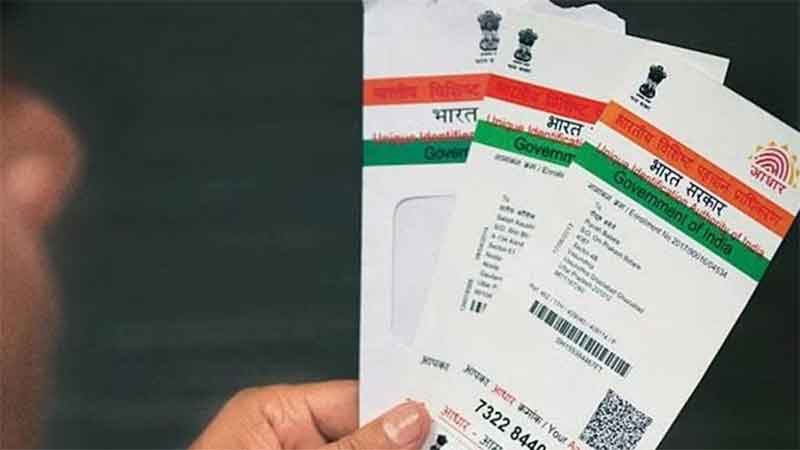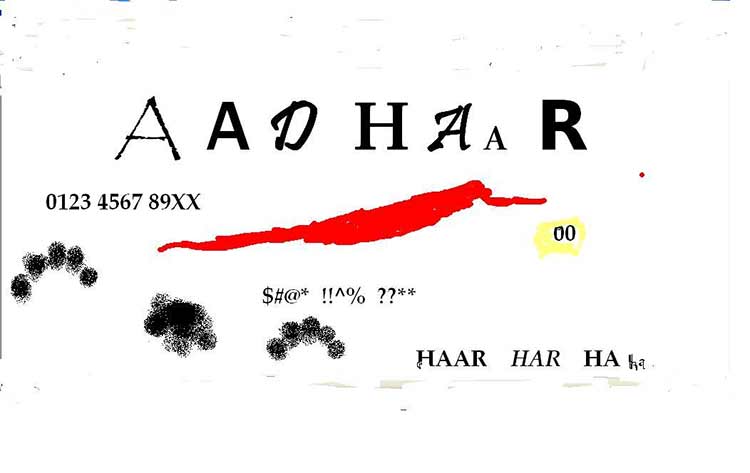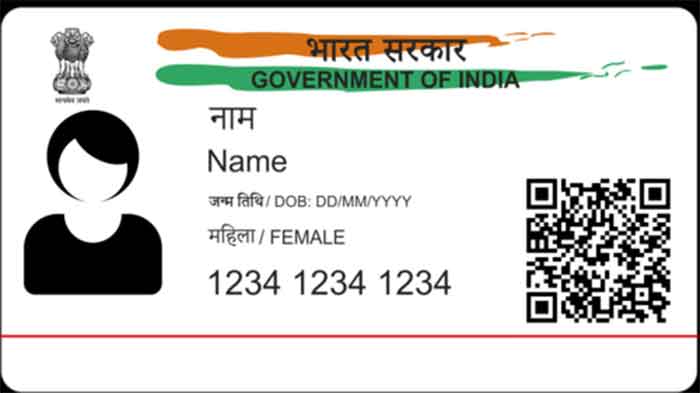
India has been turned into a full-scale surveillance state with the masses under the watchful eye of the government, vulnerable and oblivious to being tracked, profiled, recorded, and registered at every point of their day and entire lifetimes. Invasive technologies like facial recognition are being cavalierly used in public spaces and universities, political and institutional opposition is being stymied through sophisticated surveillance methods like the NSO’s Pegasus spyware (which the Supreme Court itself has largely been unable to get a clear answer on from the government), and the Aadhaar project is proliferating rapidly and being imposed with the full backing of the Aadhaar Act 2016, and is being virtually impossible to escape.
The Indian public is increasingly networked, with internet and smartphone technologies penetrating down to the grassroots of the vast and socially complex country. However, this has also been accompanied by a rapid escalation of surveillance infrastructure and practices promoted and justified by associating ‘digitization’ with progress, being modern, and as a sign of ‘development’.
Indians are increasingly vulnerable to having their personal information accessible to the state, both by law and by less formal means such as policemen getting up in your face on the street. As examples, take news reports of the facial recognition systems being implemented in Tamil Nadu, or the Telangana Police’s web of CCTVs and facial recognition technology paired with cordoning-off and demanding Aadhaar cards and other documentation from residents of Muslim neighbourhoods. The Delhi Police has a dedicated wing called Special Unit for North East Region (SPUNER) which has recently been tasked with collecting data on residents hailing from the North East, Ladakh and Darjeeling Hills. This is blatant racial surveillance in the name of ‘safety and security’ of the residents that come from these regions. It is an illustration of how surveillance becomes a mechanism to enforce inequalities of power and reinforce the social status of certain groups vis-à-vis others.
Mainland India and its instruments can either choose to completely ignore these regions and render them invisible in the ‘national’ discourse (like the ethnic violence in Manipur which only made it to Delhi news when there was a spectacle of brutal sexual assault up for consumption of its audience), or its police can selectively subject its residents to a registration and data-collection exercise. This power to surveil or ignore, to be hyper-watchful or willfully blind, illustrates the colonial lens through which these people are viewed and their marginalized position on the periphery. The powerful watch and know, and the powerless become the watched, and give up their information to the knowers. It is not difficult to imagine a similar situation playing out with other minority groups such as Muslims, Christians, and Sikhs, as well as with women, Dalits, and Adivasis who have historically been relegated to subordinated social positions. The existence of a ‘cradle-to-grave’ surveillance infrastructure is already well-known by the name of ‘Aadhaar’ which aims to keep tabs on every last person in the country through a unique number. It makes it all the more easy to sort, categorize, and isolate people based on who they are, what they think, and which groups they belong to.
Dissent against Aadhaar: Need of the hour
Dissent on Aadhaar: Big Data Meets Big Brother (2019) is an excellent book and a valuable resource that collects essays from various experts on the Aadhaar project and helps the reader understand the many flaws and dangers of this all-encompassing surveillance weapon being wielded against citizens.
In her introduction to Dissent, Prof. Reetika Khera lays out the many ways in which the Aadhaar project has been undemocratic right from its inception. Since it functions as a tool of state and corporate surveillance and presents a mega opportunity for a data grab that has huge commercial and political potential, it was vital that its roll-out be as quick and wide-reaching as possible so that rolling it back could not be feasible. The idea was to prevent any democratic opposition from gaining momentum and shouting down the initial voices of concern as naysayers or ‘vested interests’ who could not grasp the brilliance of this technocratic revolution. Prof. Khera describes this as a process of “manufacturing an elite consensus” whose key strategy was to ‘do it quickly and under the radar’. In reality, though, the lack of an Aadhaar number has become the reason to deny hospital admissions, food assistance, school enrollments, and even picnic trips for schoolchildren, among many such cases. Contrary to the much-hyped “empowerment” that the poor who-don’t-care-about-privacy are supposedly experiencing, Aadhaar has become a tool of disempowerment, exclusion, and humiliation.
Khera and others argue that the welfare administration aspect of Aadhaar has functioned as a veneer to hide its commercial and business motive. The government has often had to resort to half-truths about how the project helps it plug leakages in welfare disbursement, like how in 2016, its narrative on ‘LPG subsidies savings’ was busted and had to be ‘clarified’. In the Foreword, retired Justice A.P. Shah said that in its 2018 judgement that approved the 2016 Aadhaar Act and made Aadhaar mandatory to avail benefits or services from the State, the Court had created a divide between the have-nots and the privileged, and legitimized the coercive exchange of personal information for something that beneficiaries are entitled to. Privacy activist Usha Ramanathan spoke in 2022 about the problematic way in which UID were targeted at groups that were least able to resist being included in the Aadhaar system
Such a view is seconded by Shyam Divan in his contribution when he notes that the Aadhaar project has made the socio-economic rights that are constitutionally guaranteed conditional to one’s participation in this identity project. “An individual’s biometrics, such as fingerprints and irises, are the property and entitlement of that individual and the State cannot coerce an individual or direct her to part with biometrics as a condition to [the] enjoyment of rights and entitlements”.
Another valuable point that Divan makes is that Aadhaar is not an identity but a method of identification. Using one’s Aadhaar number at every point of interaction with the State and private entities leaves a trail of one’s activities, interests, and behaviours in many thousands of databases which can all be interlinked to draw up detailed profiles. While companies value this type of profiling for its potential to advertise to us and make us consume products, the government can use such profiles to isolate and target those who it feels are inconvenient. Aadhaar numbers have the potential to become a method to interlink previously disjointed data silos and construct everything from your list of associates, your travel history, purchasing habits, location, and more.
Demand an end to Aadhaar
Aadhaar does not address any need or aspiration that the people themselves have democratically expressed or struggled for from the ground up. It is a technocratic imposition meant to reap rewards for the interlocked interests of government and corporate interests. www.rethinkaadhaar.in is one of many citizen initiatives to resist this gargantuan surveillance system. In this blog post they highlight key findings of the Comptroller & Auditor General (CAG) that confirm many of the points raised by the projects’ critics. It is time to pay attention and build pressure towards stopping the unchecked growth of Aadhaar and forcing a scaling down and an eventual end to this blatant overreach of State powers.
Arjun Banerjee is a political commentator













































